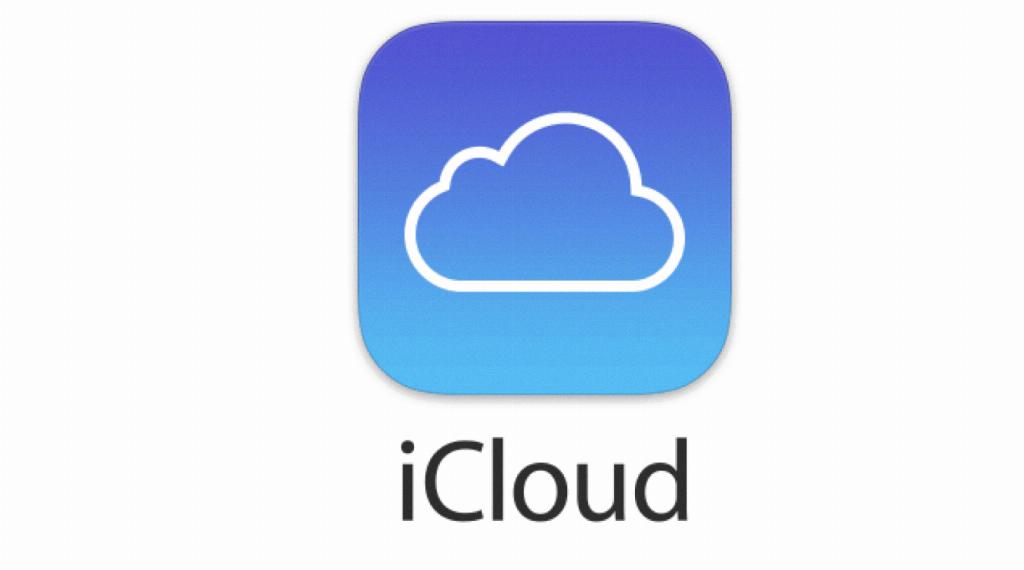When it comes to managing your iCloud storage space efficiently, taking proactive steps to declutter and optimize your storage can make a significant difference. Here are some practical strategies to help you reduce your iCloud storage usage:
1. Check Recommended for You
Start by checking the “Recommended for You” section in your iCloud settings. This feature suggests items that you may no longer need or use, making it easier for you to identify content that can be safely deleted to free up space.
2. Reduce the Size of Your iCloud Backup
Review your iCloud backup settings and consider excluding any unnecessary apps or data from being backed up. By customizing your backups, you can reduce the overall size of your iCloud backup and free up storage space.
3. Delete Unwanted Photos in iCloud Photos
If you have a large collection of photos stored in iCloud Photos, take the time to review and delete any redundant or unwanted photos. This can help you reclaim valuable storage space without compromising your important memories.
4. Clear Out Folders and Files in iCloud Drive
Organize your files in iCloud Drive and remove any unnecessary folders or files that are taking up space. By decluttering your iCloud Drive, you can optimize your storage usage and make it easier to locate and access important documents.
5. Delete Texts and Attachments in Messages
Messages and their attachments can consume a significant amount of iCloud storage over time. Consider deleting old texts and attachments that you no longer need to free up space and streamline your messaging experience.
6. Manage Your Mail Storage
Regularly review and clear out your mailbox to reduce the storage used by your email messages. Deleting unnecessary emails and attachments can help you manage your iCloud storage more effectively and keep your inbox organized.
7. Remove Voice Memos
If you have voice memos saved in your iCloud storage, consider deleting any recordings that you no longer require. This simple step can help you create more space for important data and optimize your iCloud storage usage.
8. Check Apps and Services Using iCloud
Review the apps and services that are linked to your iCloud account and assess their storage impact. Consider disabling iCloud storage for apps that you don’t use frequently to minimize their storage footprint and improve overall storage efficiency.
9. Optimize Photo and Video Settings
Adjust your photo and video settings to optimize storage usage in iCloud. Consider enabling features like “Optimize iPhone Storage” to reduce the size of media files stored in iCloud and ensure that you have sufficient storage space available.
10. Clear Cache and Temp Files
Regularly clear cache and temporary files on your devices to free up storage space in iCloud. By removing unnecessary data that accumulates over time, you can prevent the storage from being cluttered with redundant files and improve overall performance.
11. Consider Upgrading Your iCloud Storage Plan
If you find yourself consistently running out of iCloud storage space despite optimizing your usage, consider upgrading to a higher storage plan. This can provide you with more room to store your data securely and ensure that you have ample storage for your needs.

12. Stay Vigilant and Regularly Monitor Your Storage
Lastly, make it a habit to stay vigilant and regularly monitor your iCloud storage usage. By staying proactive and maintaining a clutter-free storage environment, you can effectively manage your storage space and optimize your iCloud experience.
